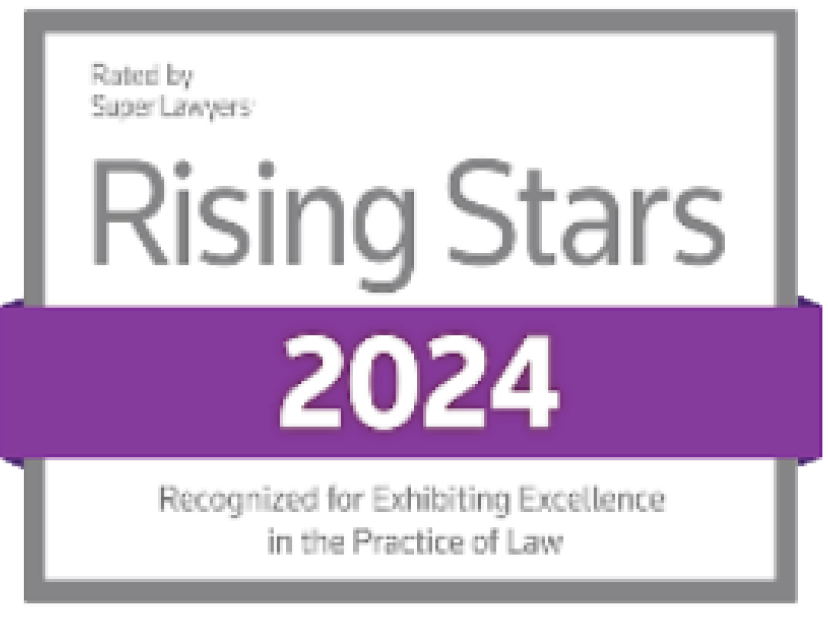Legal assistance should be sought if a case or situation threatens your personal finances, liberties, or health and well-being.
If you have been charged with a criminal offense, or you suspect that you are under investigation for a criminal offense, you should still hire a lawyer, the mere allegation that you committed the offense is enough for the police to lay a charge against you, or at least to begin seriously investigating you.
Being in an accident doesn’t stop there. You’ll need to seek legal advice and action in order to be compensated in case of an injury.
To prevail in a personal injury lawsuit, you must show that another party acted with negligence or recklessness and that their actions or failure to act led to you being harmed. Your claim would “demand” compensation for your losses, which would be spelled out in the lawsuit.
The amount of compensation you receive for pain and suffering depends on your injury and recovery time. In most cases, they are calculated by multiplying your total medical expenses by a specific amount. When it comes to severe injuries, determining proper compensation requires more than adding up receipts. For seriously injured clients, we work with medical consultants to assess recovery prospects, and project future costs for ongoing treatment, health declines, and other expenses. We work with experts to develop life care plans for clients who are permanently disabled.
In some cases, you might need a lawyer because of complex legal rules involved in your claim, or because the severity of your injuries might make your compensation differ significantly from the norm — or simply because an insurance company refuses to settle a claim in good faith.
As a set of laws and regulations that govern the dealings of transactions related to commercial matters, such as business organizations, business law can also be called commercial law or mercantile law.
When starting a business, lawyers help decision makers weigh the pros and cons of each entity. Business founders are educated in the law to help them select the entity that is most advantageous to their business. In addition, they assist them with filing the paperwork for the business to be formally registered.
Generally, debt collectors cannot call you at an unusual time or place, or at a time or place they know is inconvenient to you and they are prohibited from contacting you before 8 a.m. or after 9 p.m.Debt collectors may not harass you or anyone else, over the phone or through any other form of contact when collecting on a debt.
Under the federal FDCPA, if you request that a debt collector stop contacting you completely, it must do so, subject to a few exceptions. Your request must be in writing. You can send a letter by mail, return the receipt requested (keep a copy), stating that you want the collection agency to stop all contact with you. You can also send this letter electronically if the collector uses that way of accepting communications from consumers. So, if the debt collector accepts emails from consumers, you can send your message via email.
You cannot be contacted by debt collectors before 8 a.m. or after 9 p.m. without your consent. If you tell them you’re not allowed to receive calls at work, they can’t contact you there either.
1. There is no reason why you should be charged for something you didn’t purchase or for something you already paid for, but mistakes can happen. First determine whether you are being billed by a creditor or a collection agency if you don’t believe you owe the debt.
2. You have the right to disagree (or dispute) a charge if it is a creditor. You should find instructions for filing a dispute on the back of your monthly statement. A letter is the best way to communicate.
3. The collection agency should be notified that you don’t owe the debt. Once they send you proof of what they say you owe, they must stop contacting you.





The above awards may apply to some or all of the firm’s attorneys.
